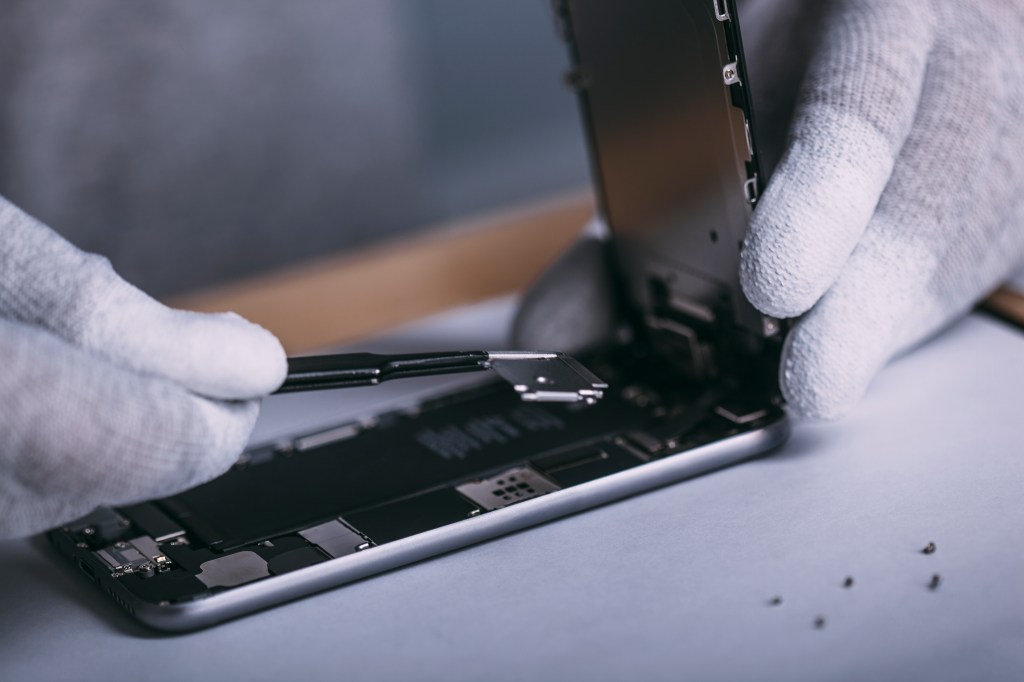The United States House of Representatives’ Judiciary Committee is launching an antitrust investigation into Apple and its anti-competitive behavior.
Part of the investigation will focus on Apple’s repair monopoly, which for years has given the company control over the useful life of its products. In a letter to Apple, the committee asked Apple to turn over all internal communications from 14 top executives at the company—including CEO Tim Cook—relating to “Apple’s restrictions on third-party repairs,” among dozens of other topics.
Videos by VICE
In particular, the committee wants information about:
- “Apple’s restrictions on third-party repairs, including but not limited to any rules with which Apple Authorized Service Providers (AASPs) must comply, such as rules restricting or prohibiting AASPs from making any specific repairs.”
- “Apple’s decision in December 2017 to offer iPhone battery replacements at a discounted price, or the actual or projected effects of this decision, including but not limited to, effects on iPhone sales.”
- “Apple’s decision to introduce the ‘Independent Repair Provider Program,’ including but not limited to, decisions covering which specific repair parts Apple will make available through the program and at what price.”
- “Apple’s decision in 2018 to enter into an agreement with Amazon to sell Apple products on Amazon and to limit the resellers that can sell Apple products on Amazon.”
This is huge news for the independent repair community (and nice for me; the committee cited two Motherboard articles I wrote about Apple’s repair restrictions.)
For years, the independent repair community has said that Apple has engaged in anticompetitive behavior by refusing to sell parts to repair shops who are not “authorized” by the company. The company has also lobbied heavily against so called right-to-repair legislation, which would require it and other electronics companies to sell parts and tools to the general public. It has sued independent repair companies for using aftermarket and refurbished parts and worked with the Department of Homeland Security to seize unauthorized repair parts from small businesses both at customs and from individual shops. And, as the committee’s letter notes, Apple cut a deal with Amazon that restricted who is allowed to sell refurbished Apple devices on Amazon.
Apple has made small strides toward opening up the repair ecosystem. Earlier this month, the company said it would begin to sell repair parts to certain independent repair shops, though it has not said how much they will cost or what parts will be available.
The internal communications are due to the committee on October 14.
More
From VICE
-

Shareif Ziyadat/Getty Images -

Screenshot: YouTube/AI Revolution -

Screenshot: Shaun Cichacki -

Screenshot: Xbox Game Studios
